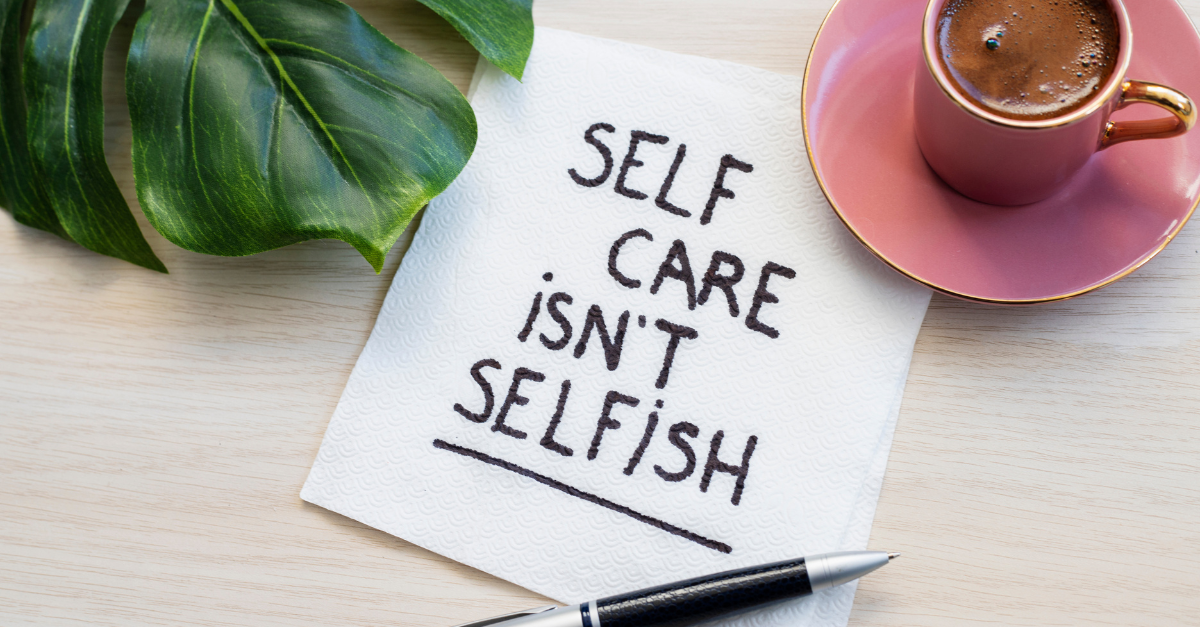Why Wellbeing Matters: The Importance of Self-Care for Carers
16 January | By Irene Amarante

Care work is a physically and emotionally demanding profession. Caring for others can be incredibly rewarding, but it also comes with its own set of challenges.
To be able to provide the best possible care to those who need it, carers must take care of themselves first. In this blog post, we’ll discuss the importance of maintaining good wellbeing for all carers, and provide tips for how to prioritise self-care.
The effects of stress on carers
Care work, although very rewarding, can be a highly stressful job. Care workers may experience physical and emotional exhaustion, burnout, and a higher risk of depression and anxiety. Studies have shown that care workers are at a higher risk of developing chronic conditions, associated with chronic stress, such as heart disease and sleep disorders as a result of their work.
Why wellbeing matters
Prioritising one’s wellbeing is essential for carers to be able to provide the best possible care for their service users. Wellbeing includes not just physical health, but also emotional and mental health. It’s important to remember that you are human, and you need to take care of yourself in order to be able to take care of others.
Tips for self-care
There are several things that you can do to prioritise your wellbeing, these include:
–Make time for regular exercise, which has been shown to reduce stress and improve mental health
–Establish a good sleep schedule and try to get at least 7 hours of sleep
–Practice mindfulness to reduce stress; try yoga, write your thoughts, do breathing exercises etc.
–Make time for hobbies and interests outside of work
–Maintain a healthy diet and stay hydrated throughout the day
–Remember to take breaks when needed, and don’t be afraid to ask for help if you need it
Maintaining good wellbeing is essential for care workers to be able to provide the best possible care to those who need it. Care work can be a demanding and emotionally taxing profession, so it’s important to prioritise self-care. By following the tips outlined above, you can improve your wellbeing and better cope with the stressors that comes with care work.
Your wellbeing matters to us
If you continue to feel overwhelmed by stress or the current cost-of-living crisis, do not be afraid to seek professional help. Getting help as soon as possible is important so you can start feeling better.
The Hales Group Employee Assistance Programme offers you:
–24/7 telephone support from qualified counsellors, nurses, and legal professionals
–If you need further support, up to six counselling sessions (over the telephone or via video call)
–Health & Wellbeing Hub – access to information, tools, and other resources to help you manage your health and wellbeing, and support on matters such as Family & Relationships, Work Life, Physical & Emotional Health and more!
For more information about our Employee Assistance Programme, please contact us.
Services and organisations that offer help and support:
–Shout Crisis Text Line – Text Shout to 85258
–Talk to Samaritans – Call 116 123
–Rethink Mental Illness – Call 0300 5000 927
–Mind – Call 0300 123 3393
–CALM Helpline & Webchat – Call 0800 58 58 58 or use their webchat here


















